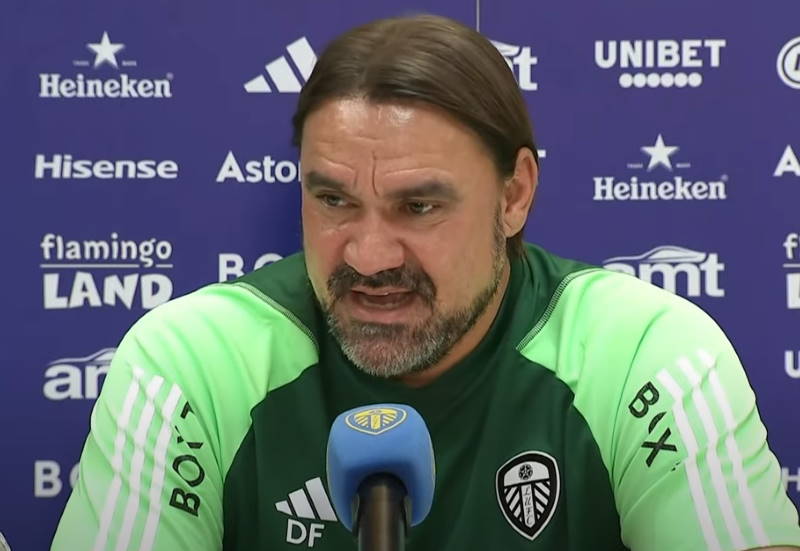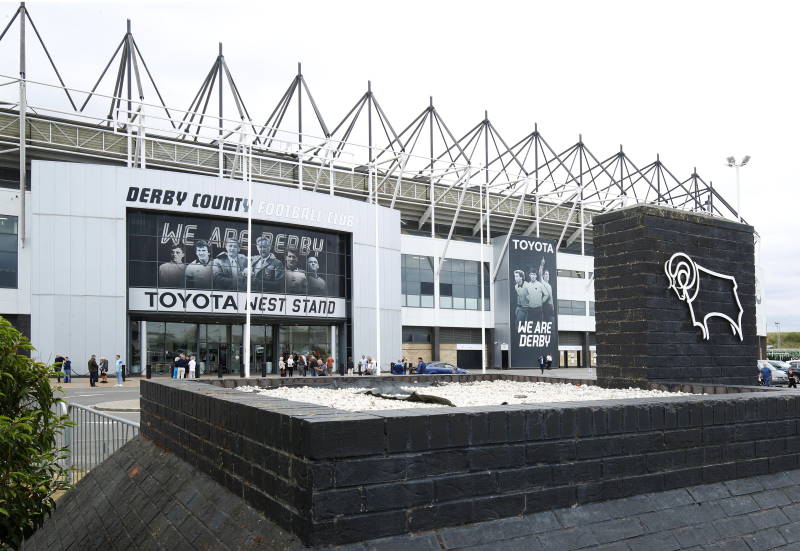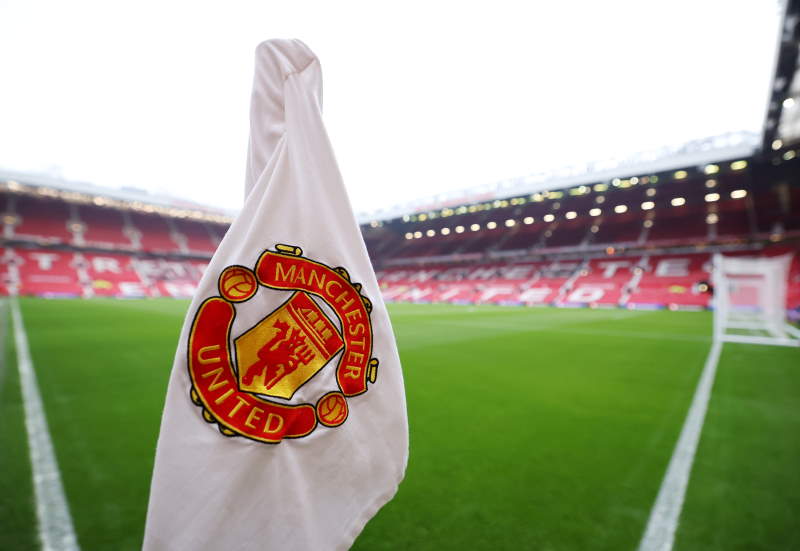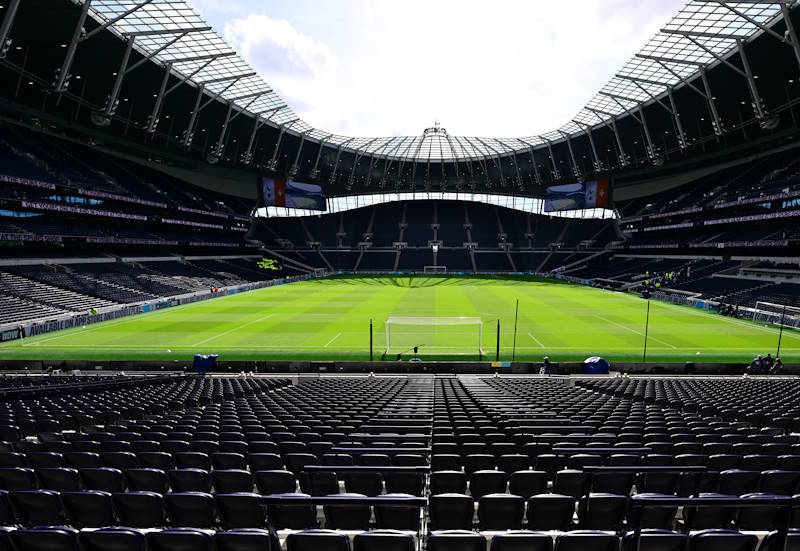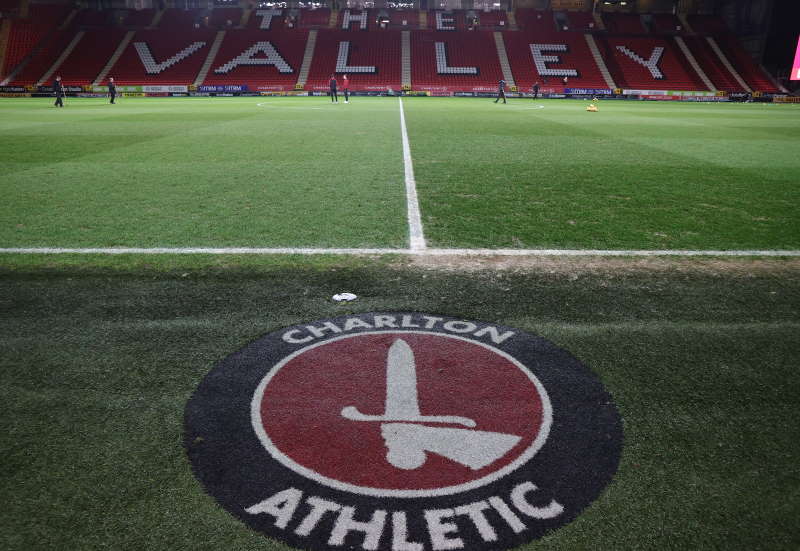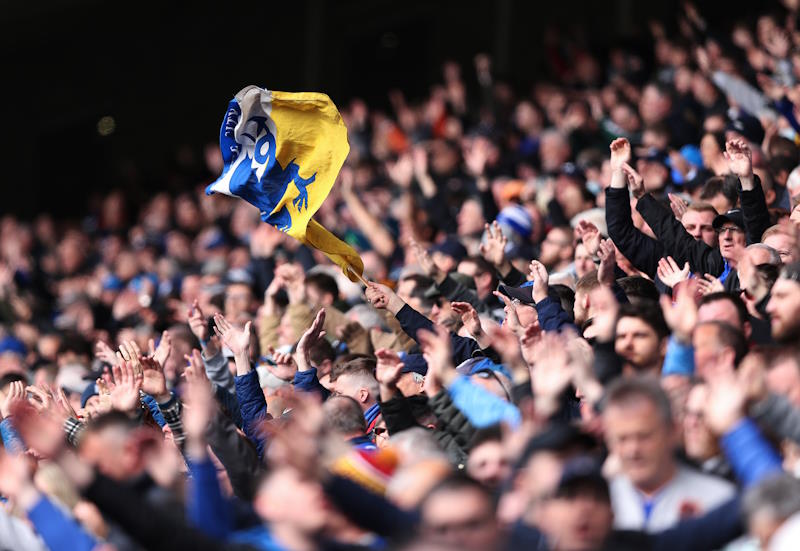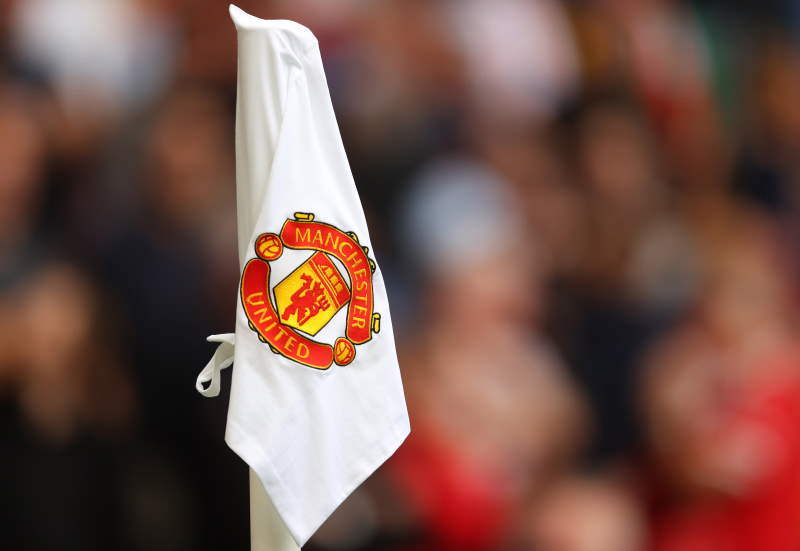
After eight months work, including contributions from more than 650 people, written submissions, interviews, meetings and panel discussions from across English and European football, from grassroots upwards, the Football Association Commission has proposed radical changes to improve the fortunes of English football.
Chairman Greg Dyke unveiled a series of sweeping reforms at Wembley Stadium, including the introduction of Premier League and Championship 'B' teams into football's lower divisions and more homegrown players in matchday squads.
The 80-page report, compiled by a commission made up of Roger Burden, Greg Clarke, Rio Ferdinand, Dario Gradi, Glenn Hoddle, Roy Hodgson, Ritchie Humphreys, Danny Mills and Howard Wilkinson, is aimed at tackling four areas of concern, including inadequate competitive playing opportunities for young players and an ineffective balance between the number of homegrown and non-homegrown players in England.
While having the support of a number of the Premier League’s big spenders, including Manchester United and Liverpool, the ‘B’ team proposal, which would see a new ‘League Three’ established between the Conference and League Two and would include 10 non-league teams, has been greeted with cynicism by a number of lower league clubs who question what the move will achieve and at what cost to those further down the football pyramid.
Even the Football League has reacted in a cautious manner, saying: "While the report may not contain a solution that is acceptable at the current time, we should continue to engage with the Commission to establish whether there is a solution that meets its stated objective but does not leave The Football League carrying a disproportionate or unreasonable burden.
"The Commission's report signals the beginning of a consultation process in which we will play a full and active part. This will include discussing all the relevant matters with our clubs, who will determine our ultimate position on these issues."
If established, the ‘B’ teams would have to field a squad with 20 homegrown players out of 25, with only three allowed to be over 21. However, the idea that this will significantly improve English prospects is a fallacy, as homegrown merely means that a player has to have been in the UK for three years before turning 21. Many Premier League academy set-ups sign overseas youth as teenagers, which means they would count as homegrown without actually being from the UK.
While Dyke is right in saying English football needs to be more radical, the proposals mooted do not address some of the core problems the Premier League has in giving young homegrown players a chance nor do they adequately identify or acknowledge the reasons for this decline.
Money plays the largest factor in the decline of English players in the top flight, with the price of English youth far too high in the Premier League, both in terms of transfer fees and wages, with some squad players earning tens of thousands of pounds, providing little incentive to improve with many set for life regardless of whether they reach their potential or not.
Premier League clubs are also guilty of stockpiling young players identified as being "the next big thing" to stop rivals from signing them and to save money in the long term. Predominantly these players come from Football League and instead of them being given a chance to develop in a competitive environment many disappear into the obscurity of Premier League youth systems.
Another option in aiding these players' development would be if the Premier League teams allowed the player to return to the team he is being signed from on loan until such a time as he figures in first team plans or alternatively Premier League teams should look at establishing links with neighbouring lower league teams, another suggestion from the FA Commission which would be far more agreeable than the ‘B’ team proposal.
It is likely that a significant majority of Football League clubs will not support the FA’s proposals and these views must be taken into account during the consultation process.
English football has played a pivotal role in the sport’s history globally and has often led the way in implementing change for the better. Highlighting the fact Spain, Germany and Holland field ‘B’ teams as the reason for their success is misguided at best and just because they do does not mean England should follow suit.
The proposals on the table, in their current form, could distort competition in the lower leagues of the game and create resentment amongst Football League members in having to play, what are essentially, Premier League second XIs when they are there on their own merits.
Don't bet on football until you've visited Inside Bet! Interesting markets, top tips, betting facts – get all the info before you bet.


